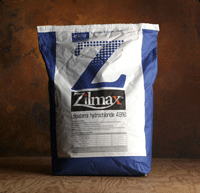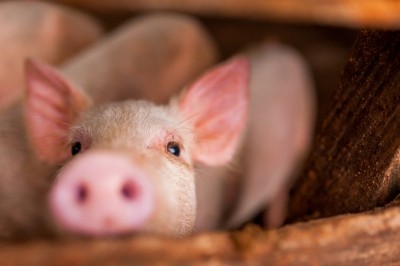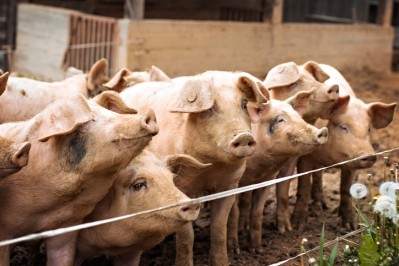No immediate plans to put Zilmax back on US market: Merck

Susan Stern, national campaign manager for Beef Additive Alert, told us that though a timetable for market reintroduction of Zilmax has not been announced, Merck is running an huge internet-based PR campaign for the additive, directing readers to a ‘responsible beef’ website.
And she said actions taken by the drug maker in the past month such as the lower dose relabeling alternative for the zilpaterol product and regulatory approval of a new label would indicate Merck is getting ready to resume sales of the cattle additive in the US.
“We are in the beef business, not the chemical business. Using beta agonist drugs in beef production demonstrates a lack of quality, consistency and integrity [in US beef production] that we vehemently oppose. There is no food labeling. The industry is not transparent. Consumers are fed up with chemicals, compounds and drugs used in meat production - so are we. We think the industry should listen,” said Stern.
In-field studies missing
However, Kelly Goss, communications spokesperson for Merck, told FeedNavigator that before Zilmax is put back on the US market, the drug maker needs “to complete the in-field use studies, a piece of the five-step plan we committed to last August.”
Such trials, she said, have not yet been started.
Merck’s plan to launch a 250,000 cattle in-field study on Zilmax last summer failed to materialize due to beef processor uneasiness, according to the Wall Street Journal.
The controversial, muscle-building additive, which is fed to cattle a few weeks before slaughter, was approved by the US Food and Drug Administration (FDA) in 2006, but its safety was called into question in August 2013 after video footage emerged in the US of cattle showing trouble walking and other signs of distress after taking a growth drug.
Extensive review of Zilmax
In November, Merck said it had carried out an extensive review of Zilmax, seeking the input of industry experts, meat processors and cattle producers on the beta agonist and its use due to concerns that, with increasingly higher cattle weights and feed consumption rates, cows could consume more of the additive than the approved dose.
The data collated, said the drug maker, shows the cattle additive is safe when used according to its label and in conjunction with sound animal husbandry practices.
An updated Zilmax label, to include component feeding, which Merck says is an alternative method of administering the drug using a targeted lower dose, was submitted to and approved by the FDA. Merck has filed for its approval in Canada as well.
“I haven’t seen the [new Zilmax] labelling but it would now seem there is flexibility in the inclusion rates to achieve the target dose,” said Dr Guy Loneragan, professor of food safety and public health based at Texas Tech University, whose study published in March linked Zilmax to thousands of cattle deaths in the US.
Cargill refuses to harvest Zilmax fed cattle
But Cargill told us, despite the new data, it still has no intention of taking cattle fed Zilmax back into its supply chain.
The meat processor, along with Tyson, has refused to accept cattle fed with the drug since last year.
Cargill spokesperson Michael Martin said the agri-business giant is still weighing up the evidence.
“From what we have seen in the way of science and fact-based research, the link between use of a beta agonist and the cattle wellbeing issue that took place in summer 2013 in a portion of an isolated group of cattle remains in question. We are monitoring ongoing research on the topic because animal wellbeing is important to our beef business,” he said.
Though he reckons there is still buoyant demand for beta-agonists from US cattle feedlot owners.
“The majority of cattle processed in the US are fed a beta-agonist. Given the size of the US beef cattle herd is the smallest since 1951, using approved, proven technology to increase beef protein yield makes sense from the standpoints of sustainable beef production, animal welfare and maintaining the most affordable beef supply possible,” said Martin.
Lawsuit against ractopamine products
In the absence of Zilmax, US cattle feedlot owners are reported to have been turning to a rival beta agonist product, Ractopamine, which is marketed as Optaflexx and is produced by Elanco Animal Health.
But last month saw US advocacy groups, Center for Food Safety and the Center for Biological Diversity, filing a lawsuit alleging the FDA approved 11 ractopamine-based drugs for use in animal production without first analyzing the environmental and public health risks of their use.
They are asking the court to set aside FDA’s “unlawful approvals” and they want the agency to issue more thorough environmental analyses for the drugs.
They say the FDA has also failed to analyze the impacts of ractopamine used in combination with antibiotics and hormones used in livestock and poultry production.















